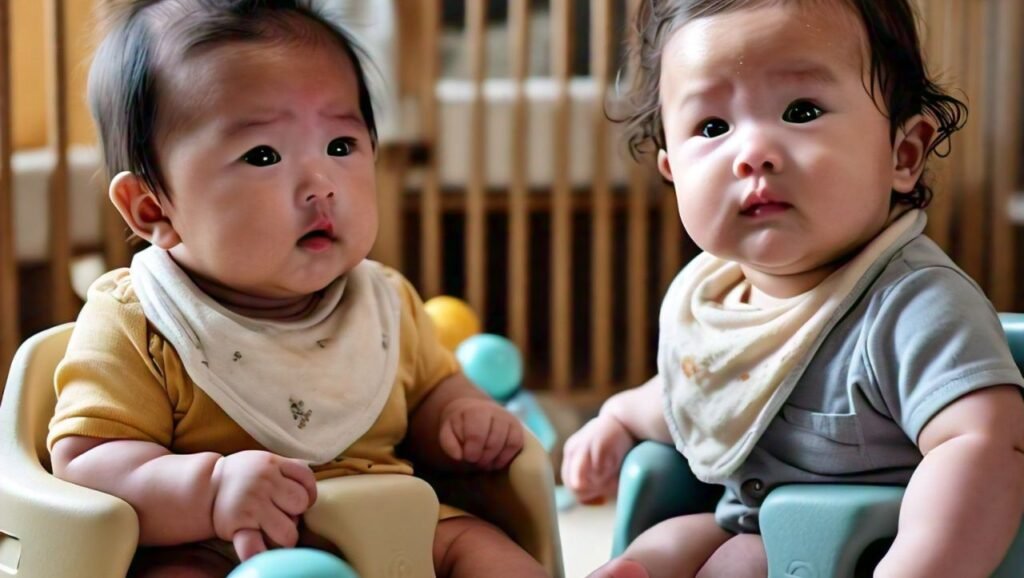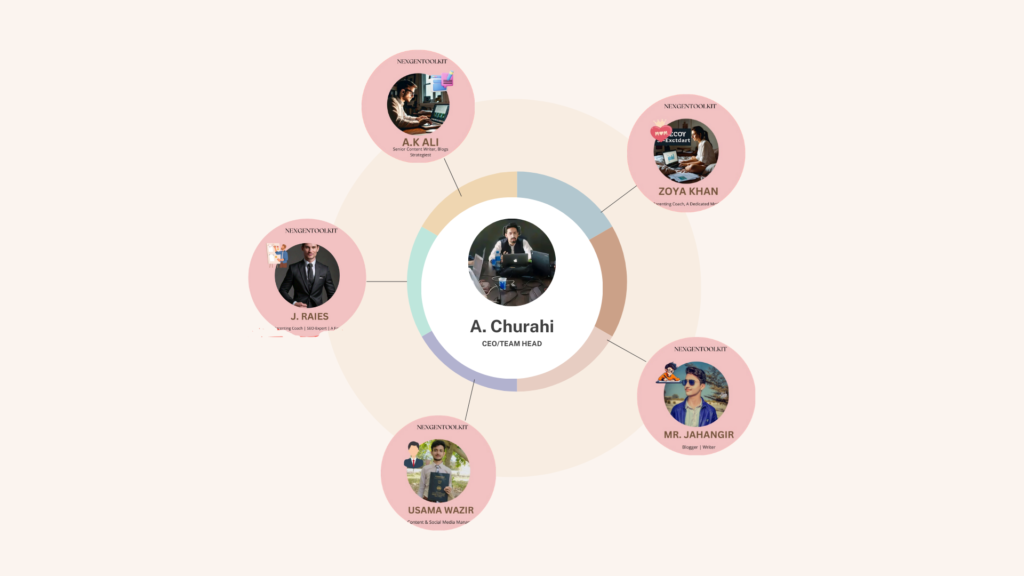When Do Babies Start Sweating?
Babies start sweating mostly by the fourth month, although the output is insignificant and does not necessarily warrant intervention. – preterm/ newborn baby or premature baby Donne.
Sweating is a normal process that belongs to the category of thermoregulation and is essential for the normal functioning of an organism. It is prevalent in adults; however, where it applies to babies, especially preterm or newborn babies, it is critical to comprehend when and how they sweat.
You may also like to read about Can Pregnant Women Crack Their Backs?
When Do Babies Start Sweating?

UNDERSTANDING SWEATING IN BABIES :
Sweat glands are present from birth because newborns require regulation of temperature that is within the normal range to sustain life. Sweating in babies allows them to maintain their body temperature in case there is a change of weather so that they do not overheat or become very cold.
DEVELOPMENT OF SWEAT GLANDS
- The learning of sweat glands commences during pregnancy. At 23 weeks pregnant the baby has started sweating on his skin which demonstrates the presence of sweat glands. Despite this, its functioning and efficiency as thermoregulatory devices depend on gestational age at birth.
SWEATING IN PRETERM BABIES
- Babies born prematurely, that is, before 37 weeks of pregnancy, have organ systems and the majority of physiological processes that are not fully developed concerning the regulation of the body temperature, including sweat glands. The concentration of functional sweat glands is lower in preemies as compared to full-term babies. This limitation can be rather dangerous as it was established that they could fail to regulate their temperatures sufficiently to match the changes in outdoor conditions.

THIS PAPER FOCUSES ON CHALLENGES FACED BY PRETERM BABIES.
- Newborns who are born prematurely are at a higher risk of developing hypothermia; this is because their bodies cannot regulate heat well as a fully developed body would, or they can overheat which leads to hyperthermia. These hardships stem from the capacity to sweat, which must be constantly managed or sometimes supplemented with additional intervention to regulate the body’s temperature properly.
- Newborns who are offered at least 37 weeks of gestation are in a better position when it comes to sweating as opposed to preterm babies. They have many sweat glands and they are active thus enabling them to control temperatures appropriately.
Environmental Temperature: It is very distinct that babies sweat to the change in temperature starting from being too hot to being too cold.
Activity Levels: General activity or stress-related factors can cause baby sweating.
Illness or Fever: Babies have a natural process of thermoregulation and so may sweat especially during illnesses or fever.
Symptoms that could be attributed to overheating as well as those associated with underheating are evident.
Recognizing signs of overheating or underheating in babies is crucial for prompt
- intervention: Recognizing signs of overheating or underheating in babies is crucial for prompt intervention:
- Overheating: Sweating, red skin, tachycardia, and excitement.
- Underheating: Weakness, cold and fingers and toes, trembling, crying, and sleepiness.
MONITORING AND CARE
Parents and caregivers play a vital role in monitoring babies’ temperature and ensuring they are comfortable:
- Dress Appropriately: Babies are dressed in several thin garments that if reasonably well arranged can be either added or removed depending on the state of their bodies.
- Avoid Overheating: This is perhaps the hardest test of all – merely do not put on too many clothes on the baby, do not overwrap, and try to keep the room at a moderate temperature, as well as use light blankets.
- Skin-to-Skin Contact: It is essential to keep in mind that; skin-to-skin contact is vital in controlling the flow of the temperature in babies as well as promoting oneness.
MEDICAL CONCERNS
- Occasionally, babies can be born with conditions that inherently hamper their ability to sweat, a few of these may include genetic disorders or any other neurological diseases. A pediatrician may be called for to manage issues regarding sweating or temperature regulation of the child.

CONCLUSION :
Being aware of when the baby starts to sweat, especially preterm or a newborn child, guides the need to pay attention to regulating his/her body heat. At the developmental stage, one must note that preterm babies may have a difficult time sweating efficiently Depending on the time of birth, full-term newborns, on the other hand, will display significantly better sweat gland function.
You may also like to read about Nicknames for Taylor Swift
Healthy clothing, regulating the environment, and proper care are crucial for babies so that the family can help keep the toddlers comfy. Knowing these elements about sweat in infants will help parents and caretakers to make the best choices concerning the environment where the babies will spend most of their time starting from the earliest ages of their development.










